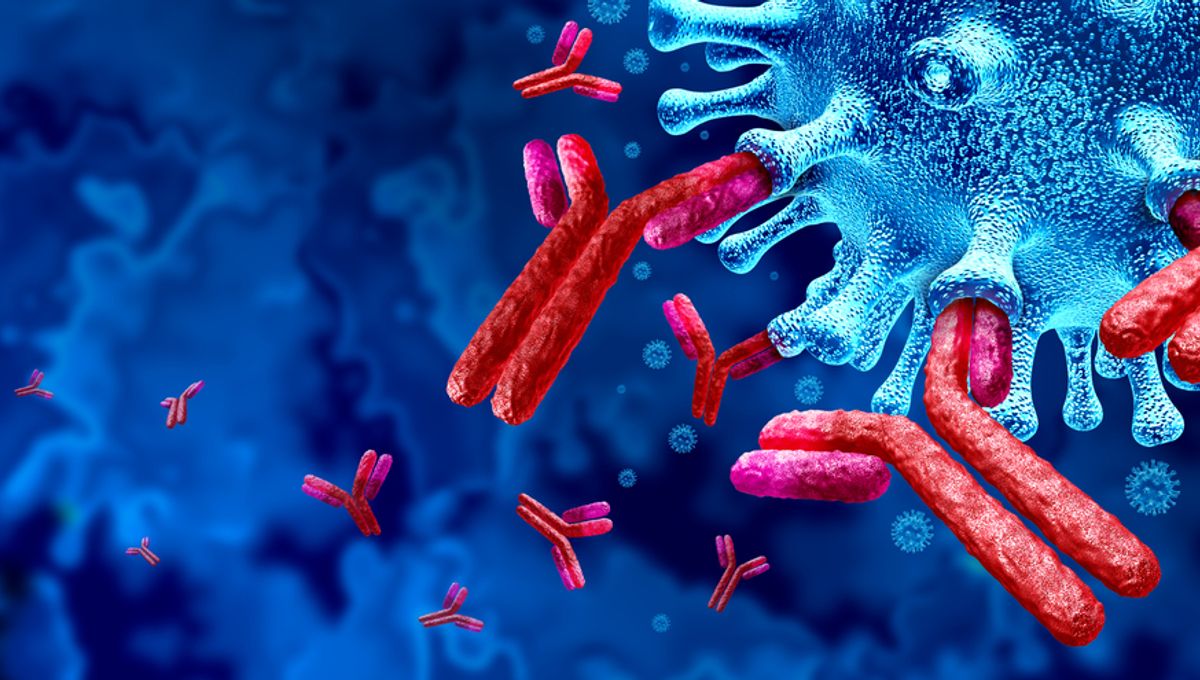The monoclonal antibody therapeutics market involves the production of monoclonal antibodies that help detect or combat diseases like cancer, cardiovascular diseases, and autoimmune disorders. Monoclonal antibodies are lab-produced molecules that can restore, enhance or mimic the immune system’s attack on healthy cells. They bind to certain cells or proteins, which allows clinicians to treat conditions that are usually difficult to diagnose or manage.
The global monoclonal antibody therapeutics market is estimated to be valued at US$ 83.63 Bn in 2024 and is expected to exhibit a CAGR of 7.1% over the forecast period of 2024 to 2030.
Key Takeaways
Key players operating in the monoclonal antibody therapeutics market size are IOI Loders Croklaan, Ghana Nuts Company Ltd., and The Savannah Fruits Company. The market provides opportunities for generating drugs with enhanced specificity, efficacy and safety through advanced antibody engineering approaches like bispecific antibodies, antibody drug conjugates and chimeric antigen receptor T-cell therapies. Rising focus on development of novel monoclonal antibodies for various disease indications also supports market growth.
Technological advancements in antibody engineering have enabled development of next-generation antibody platforms such as bispecific antibodies, antibody conjugates, and engineered antibody fragments. These novel antibody therapeutics demonstrate improved pharmacokinetic and pharmacodynamic properties over traditional monoclonal antibodies.
Market drivers
Rise in prevalence of various cancer and autoimmune diseases globally is a key driver for monoconal antibody therapeutics market. According to WHO, cancer burden is expected to grow to 27 million new cases by 2040. Emergence of biosimilar monoclonal antibodies has also boosted market growth as they provide cost-effective treatment options compared to innovator drugs.
Current challenges in Monoclonal Antibody Therapeutics Market:
The monoclonal antibody therapeutics market is facing numerous challenges currently. Developing monoclonal antibodies is a complex process involving extensive research and clinical trials. This makes the development process very long and expensive. The average cost of developing a new monoclonal antibody is estimated to be over $1 billion. Bringing a new monoclonal antibody drug to the market takes around 10-15 years. Stringent regulations surrounding clinical trials and approvals also prolong the development timeline. Manufacturing monoclonal antibodies involves complex bioprocessing technologies which require specialized infrastructure and equipment, driving up production costs. Quality control and batch-to-batch consistency during manufacturing remains a major challenge. Therapeutic applications of monoclonal antibodies also face challenges related to patient accessibility and affordability in certain regions.
SWOT Analysis
Strength: Monoclonal antibodies have high specificity and selectivity for their targets with minimal off-target effects. They can be customized for a wide range of clinical applications.
Weakness: Developing and manufacturing monoclonal antibodies is an expensive, complex and time-consuming process. They also have limited tissue penetration abilities.
Opportunity: Emerging applications of bispecific antibodies and antibody-drug conjugates are expanding the market potential. Personalized medicine approaches also offer new opportunities.
Threats: Biosimilars pose pricing and competitive threats after loss of exclusivity of blockbuster antibody drugs. Immunogenicity is a safety concern for some monoclonal antibody drugs.
Geographical regions:
North America currently accounts for the largest share of the global monoclonal antibody therapeutics market, supported by advanced healthcare infrastructure and high adoption of novel immunotherapies. The United States dominates the North American market.
The Asia Pacific region is projected to witness the fastest growth during the forecast period due to rapidly improving healthcare systems, rising medical expenditures and increasing focus of global players on emerging Asian markets. China, Japan and India are expected to drive the monoclonal antibody therapeutic market growth in Asia Pacific.



